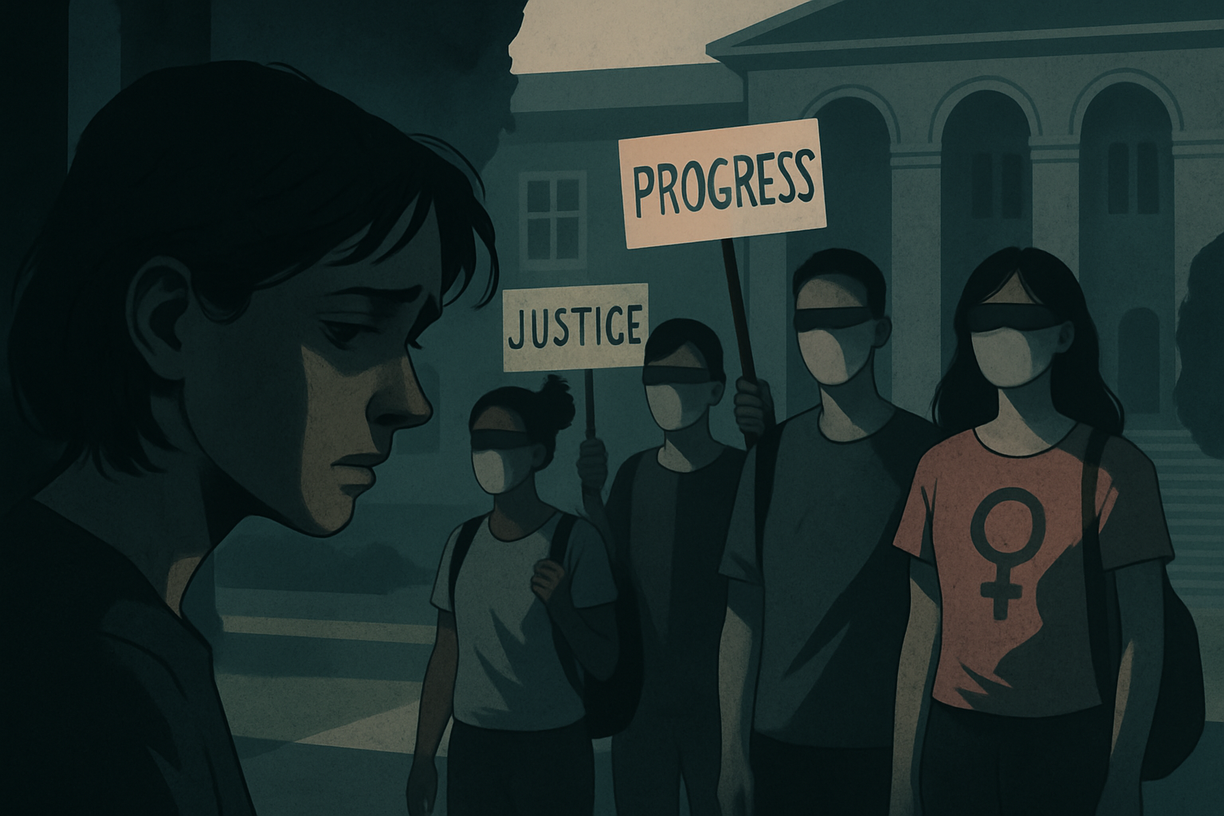In the 21st century, social media has become an integral part of our lives, connecting people, sharing information, and providing entertainment. However, the excessive use of social media has brought forth alarming consequences, comparable to the addiction caused by smoking or alcohol. It’s high time we address this issue with the seriousness it deserves.
The Case for Warning Labels on Social Media Platforms
Governments worldwide have implemented strict regulations requiring cigarette packaging to display warnings about the risks of smoking. Similarly, social media platforms should be compelled to inform users about the potential harm of prolonged use. Prominent warnings such as “Excessive Use of Social Media is Injurious to Mental and Physical Health” should become mandatory, raising awareness about the consequences of overuse.
National Awareness Campaigns
Health departments should spearhead national awareness programs to educate people about the symptoms and health risks associated with excessive social media use. Digital injuries such as carpal tunnel syndrome, vision problems, and even long-term mental health conditions like anxiety and depression need to be highlighted. Awareness campaigns can also focus on preventive measures and remedies to combat these issues.
Establishment of Behavioral Labs
Just as we have diagnostic labs for physical health, there is a pressing need for behavioral labs dedicated to assessing social media addiction. These labs could test individuals for signs of overuse and provide comprehensive reports to help them understand the severity of their addiction. This initiative would normalize the recognition of social media addiction as a legitimate health concern.
Specialized Medical Professionals
Social media addiction requires focused treatment, much like other addictions. Hospitals should train and employ specialists who concentrate exclusively on treating social media addiction. These professionals should go beyond the traditional roles of psychiatrists and general physicians, addressing the unique psychological and physical challenges posed by digital addiction.
Development of Life-Saving Medications
The pharmaceutical industry can play a pivotal role in addressing social media addiction by developing medications or supplements that help mitigate the effects of overuse. These could include treatments for improving focus, reducing anxiety, and alleviating digital fatigue.
Education From an Early Age
Schools have a critical role in shaping the future of society. Special courses and chapters on the dangers of excessive social media use should be included in the curriculum from early childhood education. Teaching children to balance screen time with other activities will help them develop healthier habits and avoid the pitfalls of addiction later in life.
Mandatory Usage Alerts
Governments should mandate that social media platforms introduce features to alert users about prolonged usage. For example, an alert every 20 minutes, akin to the “idle alerts” on smartwatches, could prompt users to take a break and reflect on their screen time. Such interventions can encourage mindful usage and prevent overindulgence.
Additional Measures to Consider
Workplace Interventions: Employers should recognize the impact of social media addiction on productivity and mental health, offering workshops and counseling sessions for employees.
Parental Controls and Guidelines: Parents should be educated on managing their children’s social media habits, ensuring healthy usage patterns from an early age.
Funding for Research: Governments and private organizations should invest in research to study the long-term effects of social media addiction and develop effective interventions.
Community Support Programs: Community centers could host support groups for individuals struggling with digital addiction, providing a safe space to share experiences and find solutions.
Conclusion
The excessive use of social media is a growing public health crisis that requires immediate and comprehensive action. By treating it with the same urgency as smoking or alcohol addiction, we can create a healthier, more balanced society. It’s time for governments, healthcare systems, educational institutions, and tech companies to come together and address this challenge for the well-being of future generations.
By:
Dr. Muhammad Irfan Younas






